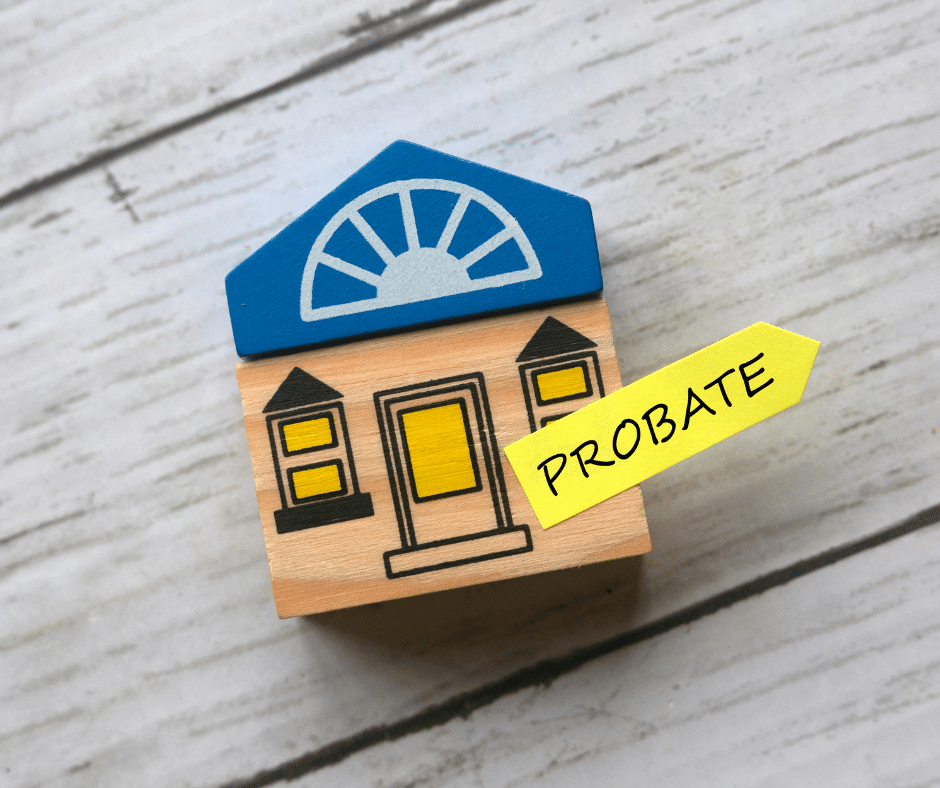Property ownership may seem straightforward, but the legal definition can be hard to understand. This is because there are three different ways an individual can own property. A property can be owned in a person’s individual name, in joint names with other owners, or through contract rights. Why does it matter? When a person dies, the type of ownership and how the property is titled make a difference in whether the asset must be probated.
- Individual ownership typically requires probate when the owner dies. This is because once you’re gone, no one has the legal authority to transfer the property to a living owner. However, certain terms indicate the rights of survivorship. JTWROS means “joint tenants with rights of survivorship,” POD means “payable on death,” and TOD translates to “transfer on death,” while ITF means “in trust for.” These designations help to avoid probate.
- Tenancy in common ownership indicates that you own an asset jointly with other owners. In this case, transferring your shares will require probate. When you own something as a tenant in common, you have the right to transfer your shares of ownership during your lifetime or through your will or estate after you die.
- After you die, a probate court judge will appoint a person to act as your executor and manage your estate during the probate process. This could be a person you named in your will, or it could be your next of kin. The judge will issue documents, called letters of administration or letters testamentary, to grant the executor legal authority to access the property you own individually or as a tenant in common.
- Your last will and testament control the probate of your individual property. If you don’t have a will, the probate will be controlled by your state’s intestacy laws or any state in which you own property. Intestacy laws generally dictate that property goes to your surviving spouse and children first, then to more distant relatives.
- A revocable living trust can help you to avoid probate. If you set up a revocable living trust, your family can have immediate access to your bank accounts and property, without you having to add them as joint owners with rights of survivorship to your property. This is a solid plan because you’ll keep your assets while you’re alive, and your successor trustee can gain access to it immediately after your death.












